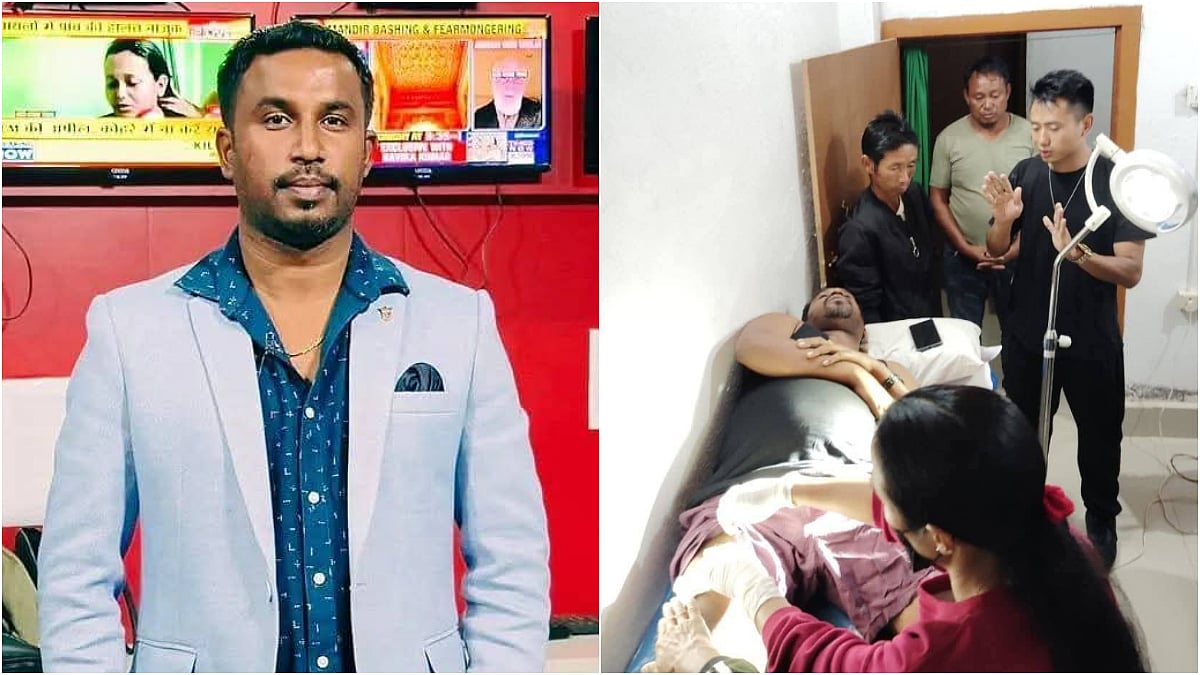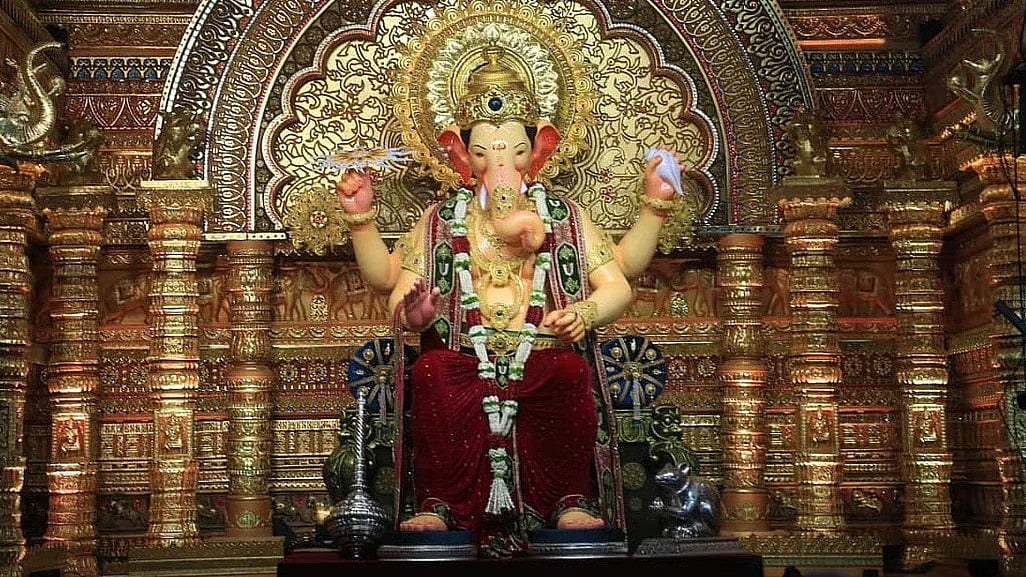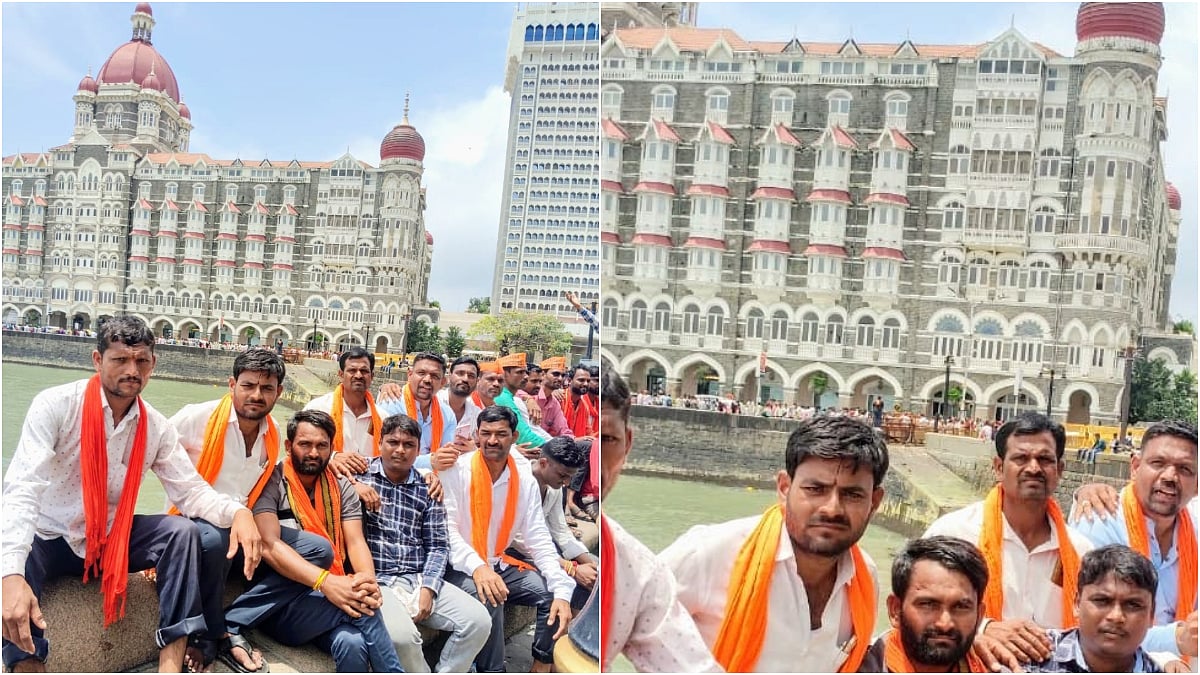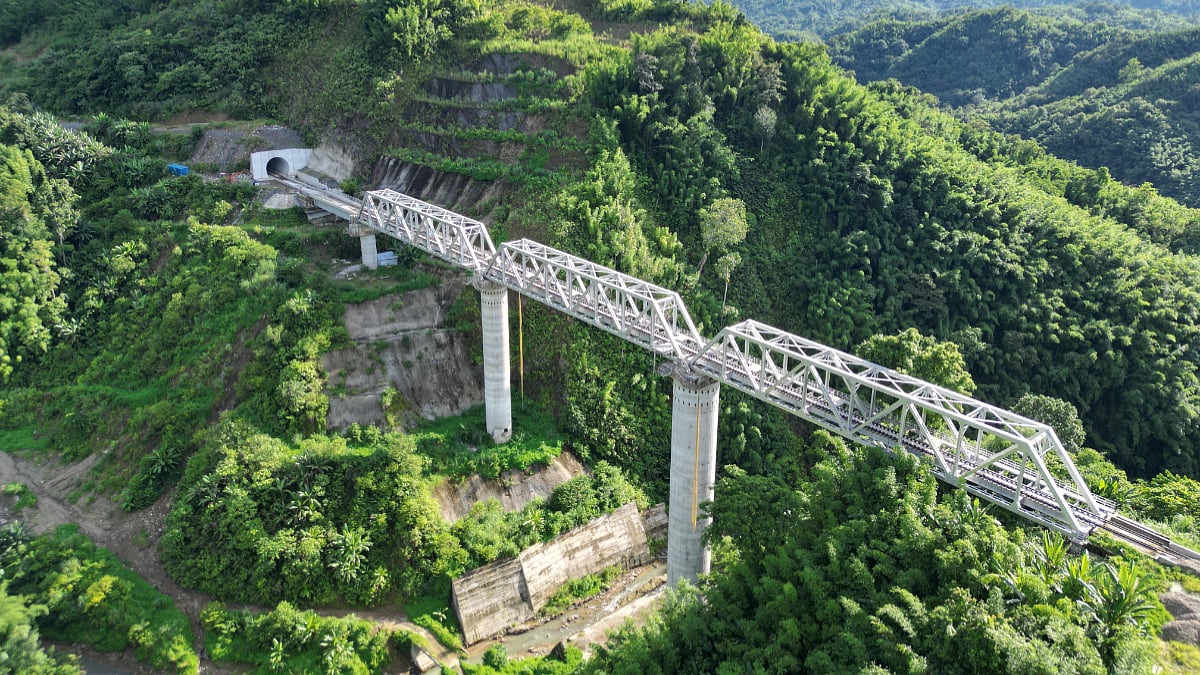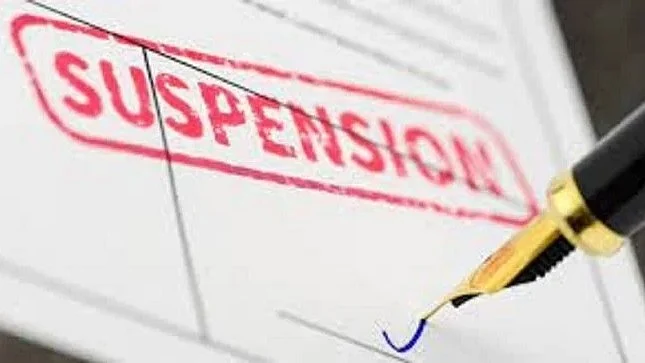Country's first cable stayed railway bridge will be ready by May 2023 on Anji river in Jammu and Kashmir. It will look like Worli-Bandra sea link of Mumbai in appearance.
𝗕𝗿𝗶𝗱𝗴𝗲 𝗯𝗲𝗶𝗻𝗴 𝗰𝗼𝗻𝘀𝘁𝗿𝘂𝗰𝘁𝗲𝗱 𝗼𝗻 𝗔𝗻𝗷𝗶 𝗿𝗶𝘃𝗲𝗿 𝗶𝗻 𝗥𝗲𝗮𝘀𝗶 𝗱𝗶𝘀𝘁𝗿𝗶𝗰𝘁
The Anji bridge is being constructed in Reasi district of Union territory of Jammu and Kashmir under the most challenging Udampur-Srinagar-Baramulla-Rail Link (USBRL) Project of Indian Railways. The bridge is about 80 km by road from Jammu.
"Anji Bridge is country's 'first cable-stayed bridge' of Indian Railways connecting Katra and Reasi in Jammu and Kashmir. The bridge is a part of the national project of Udhampur-Srinagar- Baramulla Rail Link (USBRL) Project," said an official of Indian railways. The official added that the bridge is located in the young fold mountains of Himalayas having extremely complex, fragile and daunting geological features in the form of faults, folds and thrusts and besides seismic proneness of the region. Detailed site specific investigations were carried out by IIT, Roorkee and IIT, Delhi. Slopes of the mountain supporting one foundation of main span have been stabilised by a special hybrid foundation on Katra end due to space constraints.
𝗕𝗿𝗶𝗱𝗴𝗲 𝗱𝗲𝘀𝗶𝗴𝗻 𝗮𝗻𝗱 𝘀𝗽𝗲𝗰𝗶𝗳𝗶𝗰𝗮𝘁𝗶𝗼𝗻𝘀
The major portion of the bridge works, including Main Pylon with 40 meter deep Hybrid foundation, Central Embankment and Ancillary Viaduct, were carried out on Srinagar end. Total length of the bridge is 725.5 meter. Considering ease of construction and typical site conditions, bridge has been divided into 4 parts.
"The total length of Bridge is 725 meter consisting of Main Bridge having the length of 473.25 metres , ancillary viaduct of 120 metres length, approach Bridge of 38 meters on Katra end and the central embankment of 94.25 metres length," said an official of Northern railway while explaining the project.
"The main Bridge over Anji is a Cable Stayed Bridge with a total length of 473.25m consisting of main span of 290 meter," he said.
Anji river Bridge connects tunnel number two and three on the Katra-Banihal Section of the Udhampur. This Bridge has a single main pylon of height 193 meter from the top of foundation, standing at a height of 331 metres above the river bed.
According to railway officials, It is an asymmetrical cable-stayed bridge balanced on the axis of a central pylon. The total deck width of Bridge is 15 meter. The Bridge has support of 96 cables having cable length varying from 82 meter to 295 m. The micro piles of 40 metre depth all around the circumference of 20 metre hybrid well foundation were used in Main Pylon construction. The Bridge shall carry a single railway line plus a 3.75 meter wide service road. There is a 1.5 meter meter wide footpath on each side of the deck with an overall width of 15 meter.
𝗕𝗿𝗶𝗱𝗴𝗲 𝗰𝗮𝗻 𝗵𝗮𝗻𝗱𝗹𝗲 𝗵𝗲𝗮𝘃𝘆 𝘀𝘁𝗼𝗿𝗺𝘀 𝗮𝗻𝗱 𝗲𝘅𝗽𝗹𝗼𝘀𝗶𝗼𝗻
The Bridge has been designed to handle heavy storms of strong winds. The design wind speed considered is 213 Kmph. State of the art Tower crane (imported from Spain) of 40 tons capacity with extendable height up to 205 meters is being used for enhancing the construction activities at heights up to 193 meter. The Bridge will also have an integrated monitoring system by means of numerous sensors installed at various locations on the bridge.
Estimated total cost of the bridge will around Rs 400 crores .The bridge will be able to carry load of trains at the speed of 100 kmph.
Asked about the codel life of the bridge, an official said, "The codal life of this bridge is 120 year, which can be able to bear the explosion of 40 kg explosive materials. Apart from that, the bridge can easily handle the winds up to the speed of 213 kmph."
𝗟𝗮𝗿𝗴𝗲 𝗻𝗼 𝗼𝗳 𝘀𝗲𝗻𝘀𝗼𝗿𝘀 𝘁𝗼 𝗺𝗼𝗻𝗶𝘁𝗼𝗿 𝗵𝗲𝗮𝗹𝘁𝗵 𝗼𝗳 𝗯𝗿𝗶𝗱𝗴𝗲
"Site specific Earthquake parameters studies were carried out by Department of Earthquake Engineering, Indian Institute of Technology, Roorkee to define the seismo-tectonic framework for the region" he said.
"Due to the importance of the bridge, a large number of sensors shall be placed on it to monitor structural health of the bridge during service. Wind tunnel tests: Because of the long span and the deep valley, tests in the Wind Tunnel were also conducted, in order to evaluate the aerodynamic actions (static aerodynamic coefficients) and to investigate about aero elastic phenomena (galloping, flutter and vortex shedding)" he further added.

